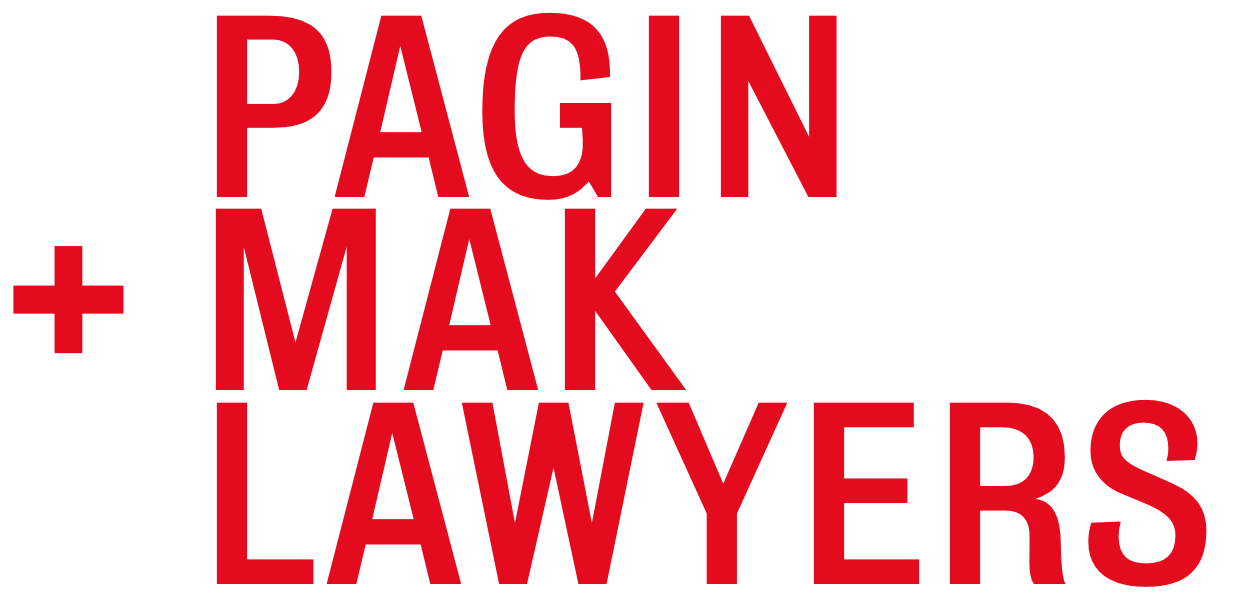Caveat Disputes
We are experienced in caveat disputes and caveat litigation. We can help you to understand your rights, obligations and options moving forward. Contact one of our caveat dispute lawyers for a consultation.
Caveat disputes and caveat litigation usually occurs when a person or entity has lodged a caveat against the title of a property. A caveat is essentially a warning to prospective purchasers that someone else claims to have an interest in the property. The most typical and frequent caveats are those lodged by banks when someone purchases a house with the assistance of a mortgage. When a title search is carried out on the property, any caveats and encumbrances (such as easements) will be listed.
Caveats can be lodged for a number of reasons, some of which are more clear cut than others. The basis of a caveat is usually either a legal interest (usually contractual) or an equitable interest. An equitable interest is usually created in the form of some contribution made by the caveator (the person claiming an interest). A typical equitable scenario would be where the property is in the name of one party only, yet another party made contributions to its improvement or maintenance in reliance on a promise that they share in the profits upon its sale.
There are numerous examples of caveatable interests, some of which include:
the lender’s interest where a borrower has entered into a contract of sale which is voidable
an option to purchase the property
an equitable lease held by a tenant of the property
a builder’s contractual right to charge the land with all monies that are owed to it
In NSW, when a caveat is lodged, the registered owner of the property is notified. If the owner wishes to dispute the validity of the caveat, he or she may prepare and serve a lapsing notice on the person or entity claiming a caveatable interest (the caveator). The caveator then has 21 days from the date of service of the lapsing notice to seek an order from the Supreme Court of NSW extending the operation of the caveat. Otherwise, if no action is taken, it is removed from the record.
Disputes involving caveats require a lawyer familiar with the relevant legislation and the common law. Our caveat dispute lawyers have acted for many clients involved in caveat disputes and have the experience and drive to help you resolve the dispute. Contact the team at Pagin + Mak Lawyers for a free first initial phone consultation. We are more than happy to discuss any questions you may have and explain the process in greater detail.
Disclaimer:
The information above is intended as general information only and should not be relied on. You should discuss your individual situation with a lawyer.
Contact us to discuss your matter
Please fill out the below form and one of our lawyers will be in touch as soon as possible.
